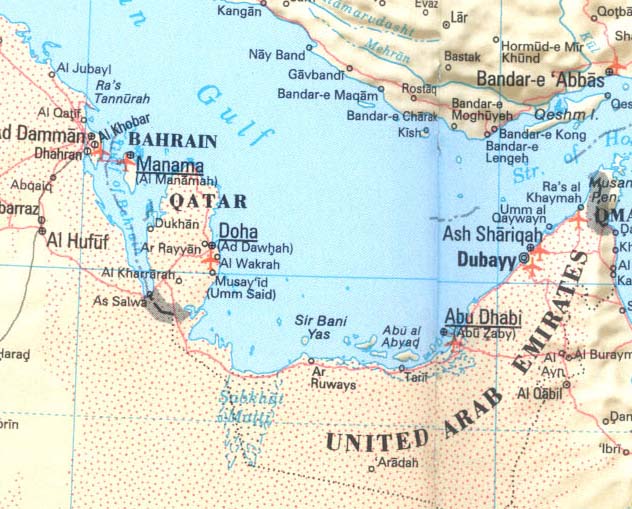Why is it that a region that was once the world’s scientific powerhouse has now become its outhouse? In an article last year, I explored some of the reasons which included: “The dominant patronage culture in academia, the shortage of research funding, the almost complete absence of private research, the difficulty of registering and protecting intellectual property, as well as the rote-based education system.”
Some experts observe that Islam’s scientific heritage equips Muslims to look positively upon modern science. In fact, many Muslims believe that modern science confirms the Qur’an.
“In those countries where fundamentalism has taken hold among the youth in the universities, it is striking to observe that the fundamentalist students are in a majority in the scientific institutions,” says Farida Faouzia Charfi, a science professor at the University of Tunis. “(Islamists) want to govern society with ideas of the past and the technical means of modernity.”
But this selective interest in science is a double-edged sword because it encourages people to disregard inconvenient scientific truths if they conflict with or contradict their faith. Attitudes aside, another important factor that is often missing from the equation is the simple question of resources.
I think it’s no coincidence that the start of Europe and the West’s golden age and the Arab and Muslim world’s gradual decline occurred at about the time when Muslims ceded their grip on global trade to Europeans who also “discovered” a resource-rich “new world” in the process.
The full article is available here.
A page later in the newspaper, we read of
a special session devoted solely to the archaeology of Qatar [that] was held at the British Museum on Friday, as part of the Seminar for Arabian Studies which takes place annually, when recent research into such diverse topics as archaeology, history and ancient languages and epigraphy is presented and discussed. Archaeologists working in Qatar this year gave half-hour presentations on their findings, on sites ranging from the Iron Age graves at Umm al-Maa to the old trading and pearling town of Al Zubara.
The full article is available here.



